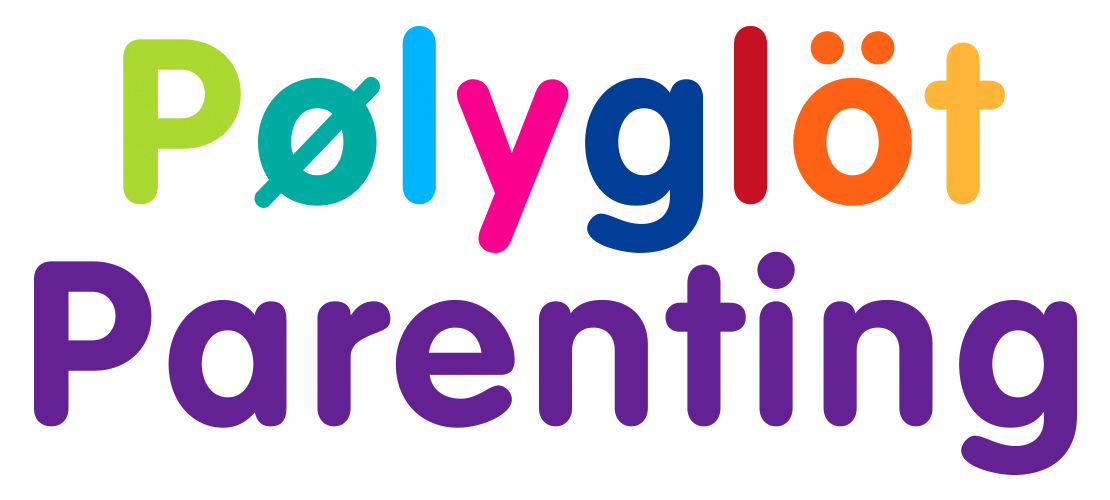 A common question I get as a Bilingual Speech-Language Pathologist is: “I’m worried about my bilingual (or multilingual) child’s speech. What are the signs that I should get my child’s speech checked out by a professional?”
A common question I get as a Bilingual Speech-Language Pathologist is: “I’m worried about my bilingual (or multilingual) child’s speech. What are the signs that I should get my child’s speech checked out by a professional?”
This is an excellent question! A great first step is to empower yourself with information.
The website of the American Speech-Language-Hearing Association (ASHA) is an accurate and professional source of information about speech issues. For example, this document from ASHA on speech and language development in bilingual children sums up important information for any bilingual parent.
Here are 7 things parents of kids who speak multiple languages should know:
- If a multilingual child has a speech issue, then that issue will appear in all of the child’s languages. For example, if a child has a stutter, it would appear in all languages.
- Given this, skills in all languages must be taken into account when determining if there is a true speech issue.
- Sometimes, parents hear the untrue idea that bilingual/multilingual children usually start speaking later. Unfortunately, this misinformation causes some parents who have concerns about their child’s speech to delay getting help. The most recent research shows that bilingualism is not associated with delayed speech, and that bilingual and multilingual children reach their major speech milestones on the same timeline as monolingual children. Examples of speech milestones include age of first word, age of combining two words together, and more.
- Given that multilingual kids are expected to reach speech milestones at the same time as monolingual kids, the next step is learning what those milestones are! For example, this resource clearly lays out what speech and language skills are expected of a child age birth to five in English. You can also search for speech and language developmental milestones in the language of your choice, or you can refer to these “universal” milestones, which are applicable to children across different languages. Also, watch out for these signs of speech delay, and see a specialist if you have concerns.
- A simple guideline is to get checked out if your child doesn’t have: at least one word (from any of their languages) by age 15 months, or at least 50 words (from all their languages combined) by age 24 months. Of course, there is a wide range of typical development, and there’s a lot of individual variation among children’s speech, so not meeting a milestone doesn’t necessarily mean there is an issue. This is a guideline as to when it may be worth getting your child’s speech checked out by a specialist to rule out potential issues, especially if you also have other concerns about their communication.
- Children mixing languages together is typical and expected of children with multiple languages, especially between ages 2-4 years old. Mixing languages is not a sign of confusion. At that age, mixing languages allows children to fill in gaps in their still-developing ability to communicate precisely what they want to say. They are temporarily leaning on their knowledge of one language while working to master the second. After the developmental phase of language mixing, children should be able to switch between speaking each language one at a time without mixing words (that is, code switch.) You can learn more about language mixing in my blog post about aspects of bilingual childhood language development.
- Children, especially very young children under age 4, will borrow the grammar rules of their other language(s) due to crosslinguistic influence. Much like language mixing, it is typical and expected. However, if you see this happening frequently, especially with an older child, consider seeking advice from a bilingual speech therapist.
Hopefully, this information is helpful for your decision-making process: after all, knowledge is power!
Having said that, as a professional (and as a mom myself!) my motto is “when in doubt, check it out.” Just as you don’t have to be 100% certain that your child has trouble with vision before taking them to the optometrist to have his eyes examined, you don’t have to be 100% sure that there is a speech issue in order to seek professional advice. So, if you have concerns about your child’s speech, ask your pediatrician, or find a Speech-Language Pathologist (also known as a speech therapist) with expertise in bilingual issues. It’s particularly important to seek a bilingual specialist, because not all Speech-Language Pathologists have expertise in the area of bilingual language development. Unfortunately, some professionals who do not specialize in this topic still make outdated recommendations on this topic.
Ideally, bring your child to see a Speech-Language Pathologist who speaks your languages, or is familiar with the protocol for using an interpreter to properly evaluate your child’s speech. A visit to a Speech-Language Pathologist knowledgeable in bilingualism is the best way to get specific advice and answers to any concerns you have. One of the following could happen after speech evaluation: either you find out that there is no concern, or your child starts on the path to getting needed language support, and both of those are good outcomes! If a child does need extra language help, the earlier it’s received, the better.
It’s also useful to know that many places have free evaluation services available to parents. For example, many parts of the U.S. have Early Intervention programs that provide free speech evaluation services. If you are seeking information about other locations, asking your child’s pediatrician or teacher if they know of such programs may be a good starting point.
For anyone who has a deep interest on the topic of bilingual children and speech issues and wishes to learn even more, I recommend the book Dual Language Development & Disorders by Paradis, Genesee, and Crago.
If you have any further questions about this topic and you wish to speak with a Bilingual Speech-Language Pathologist, reach out and contact me!
